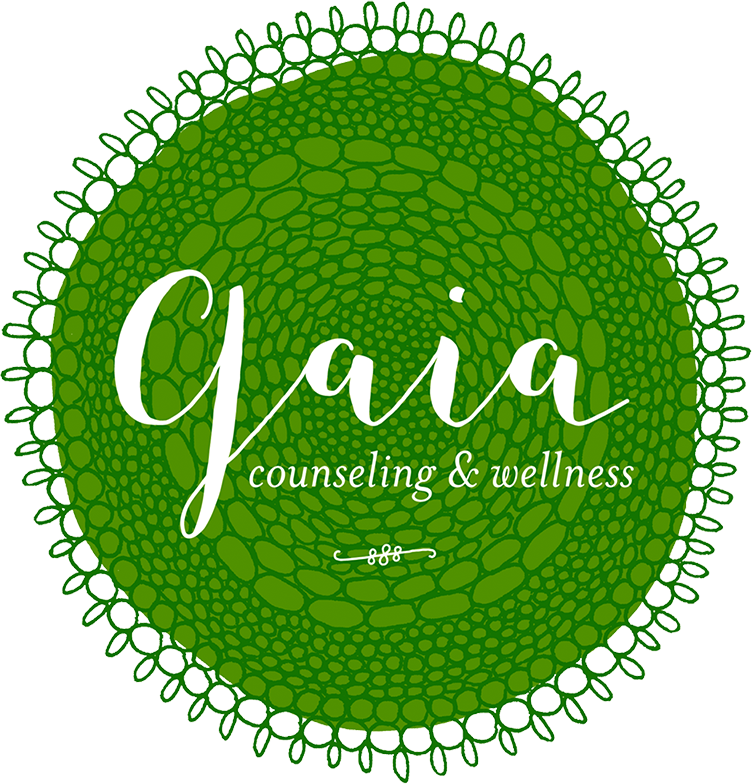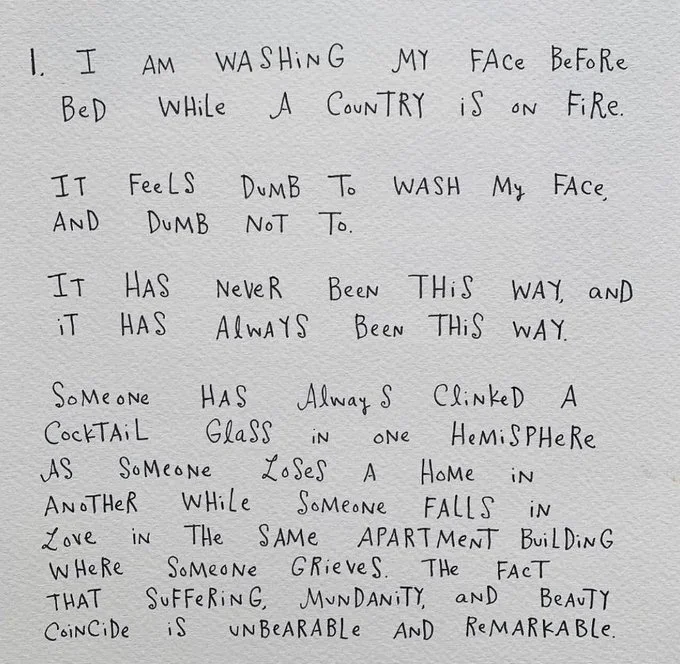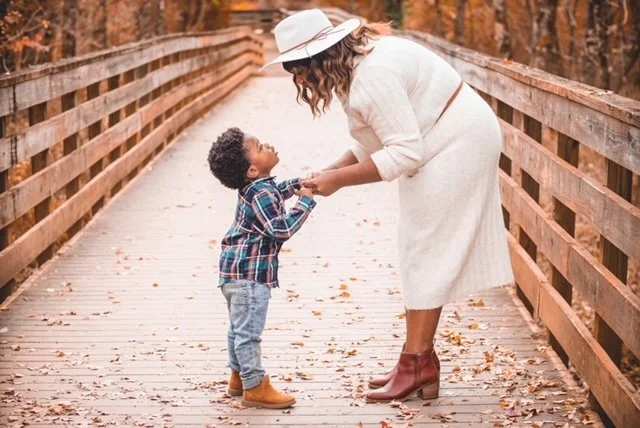Climate anxiety, or eco-anxiety, is the chronic fear and emotional distress caused by the existential threat of climate change. It manifests as feelings of grief, helplessness, and despair about environmental degradation and the future of the planet. This phenomenon is increasingly prevalent, particularly among young people, who feel betrayed by older generations and fearful for their futures.
Exploring the Benefits of Family Therapy in Atlanta for Stronger Connections
Family therapy is a powerful tool that helps families navigate challenges and strengthen their bonds. In Atlanta, families are discovering the immense benefits that therapy can offer. From improving communication to fostering deeper connections, family therapy can be a transformative experience. This blog will explore the various advantages of family therapy in Atlanta and how it can be a stepping stone towards healthier family dynamics.
Understanding Gender Exploration in Adolescents: A Guide for Parents
In today's world, understanding gender exploration among adolescents has become increasingly important for parents. As children navigate their identities, it is crucial to approach the topic with openness and support. This guide aims to equip parents with the knowledge and tools necessary to foster a healthy environment for their adolescents during this transformative stage of life.
Which is right for your family: parent coaching or individual therapy for child?
Parent coaching and therapy for children serve different but complementary purposes, each offering unique benefits. It can be greatly beneficial to work with both a parent coach and a therapist for your child, but that’s not in the cards for every family, due to time, budgeting and other constraints. If you’re wondering which might be a better fit for your family, consider these strengths of each approach:
PARENT COACHING:
~ Empowers Parents: Focuses on equipping parents with the skills, strategies, and confidence to effectively address their child's needs.
~ Preventative Approach: Helps parents identify potential challenges before they escalate into more significant issues.
~ Strengthens Parent-Child Bond: Teaches parents how to communicate more effectively with their children, set appropriate boundaries, and provide consistent support.
~Promotes Self-Reflection: Encourages parents to reflect on their own parenting style, beliefs, and behaviors, allowing them to gain insight into their strengths and areas for growth.
THERAPY FOR CHILDREN:
~ Focuses on the Child: Addresses the individual needs, emotions, and experiences of the child, helping them process their feelings and develop coping skills.
~ Provides Emotional Support: Offers a safe and supportive space for children to express themselves, explore their emotions, and work through difficult experiences or traumas.
~ Addresses Mental Health Concerns: Treats mental health conditions, such as anxiety, depression, ADHD, and trauma, offering interventions tailored to the child’s specific needs.
~ Collaborates with Parents: Helps parents gain insight into their child's experiences, learn effective parenting strategies, and support their child's progress outside of therapy sessions.
Learn more: gaiacounseling.com/parent-coaching
Keeping Consistency Over the Summer: Anchoring Your Child's Day
Summer break is a time for kids to unwind, explore, and enjoy a break from the structured school year. However, amidst the freedom, it's essential to provide children with a sense of consistency and structure. This doesn’t mean filling their days to the brim with activities, but rather giving them something to anchor their day—a routine they know they can rely on.
What is ‘repair’ and why is it so important?
Tips for the Holiday Season
As the holiday season fast approaches it is common to experience a whirlwind of emotions. For some, it may feel like a bit of a paradox that the stir of holiday joy for many can bring such difficulty and even misery for others. There are endless reasons why the holiday season can surface difficult emotions or harmful behaviors in us or those we love. It is incredibly common that being with extended family, increased use of substances, a history of trauma around the holiday season, the loss of a loved one or inability to be with a loved one during this time, and the general stress of it all brings up challenging emotions and experiences. Additionally, fatigue, family discord, seasonal depression, financial stress, and the over-commercialization of this time of year can also contribute to a difficult experience with the holidays. Further, it is common that those in recovery from addiction, those attempting to keep their alcohol or substance use at a moderate level, and those questioning their relationship with alcohol or other substances experience an increase in use at this time of year.
The Duality of Autumn
Fall can bring up conflicting feelings for many of us. It is often wrapped up with the "back-to-school" feeling- even for those of us who start the school year in the fully summer month of August. There is a sense of a new beginning, a fresh start. I see this evidently in my backyard garden. I botched my attempt over the summer. I didn't water enough, I didn't weed enough, and I ended up with a tangled mess of vines and leaves. I wrestled with feelings of guilt over this outcome and was brought some relief in watching the butterflies dance around the flowers that I let bloom on my tomato plants. But now, FALL! A new opportunity to try again! I cleared out everything from the summer and have prepared my bed for new plants to take root. This season can be a beautiful invitation to reground ourselves and to reestablish or start new habits after the summer months of travel and play and being out of our regular routines
Creating Restful Rhythms
With so much going on in the world, it’s difficult to prioritize rest. It takes work to unlearn “grind culture.” Some of us even struggle to relax on vacation. Yet we know that if we don’t take time to relax, we may become tense and stressed out. According to Mental Health America, incorporating more relaxation into our schedules not only relieves stress and anxiety, it can also improve mood and provide physiological health benefits such as improving the cardiovascular and immune systems, decreasing blood pressure, and relieving pain (Mental Health America).
Parenting Through Collective Trauma
In the Presence of Fear
Regardless of what you celebrate, I have concluded that we all have this in common… somewhere woven into each of our lives is the presence of fear. My 2.5- year-old son fears monsters and shadows. Monsters and shadows rob him of his sense of safety. Even though he can’t quite articulate it in that way, the fear is very real for him. My very own monsters and shadows take on the shape of suffering and death. I fear suffering and death. As I get older it seems that I frequently encounter more of these shadows and monsters. They feed my fear. They rob me of living in the moment. I feel frozen even though time is moving.
Horticultural Therapy
Horticultural Therapy is a small but “budding” field. I’m not surprised when folks haven’t heard of it, but as you may imagine, it is similar to play therapy or art therapy, using gardening as a healing tool. Many home gardeners are familiar with this: after a long hard day, there is something so soothing in quietly starting seeds, finding hope in the potential growth. In my time working with youth gardening programs, I’ve seen how healing it can be to be outside, being a steward of plants, and how the garden becomes a safe, comforting space for difficult conversations. Gardens are also ideal for building mindfulness, through listening to the sounds in the garden, smelling herbs, sowing seeds, focusing on breath in an outdoor space, and more!
Grounding
Spring is in the air already, and it feels like a very welcome invitation to reconnect with the Earth and community, as outdoor activities resume. The past 2 years of pandemic life have left us all, me included, feeling disconnected, disoriented, and anxious. There are few things that make me feel less connected, to my body and to the present moment, than sitting in front of a computer 8 hours a day, as I and many others have done at times during the pandemic. After all that the pandemic did for our minds, bodies and relationships, grounding definitely feels needed, providing the foundation necessary to grow and move forward toward our goals. By grounding, I am referring to the concept of being present in the here and now and in my body.












